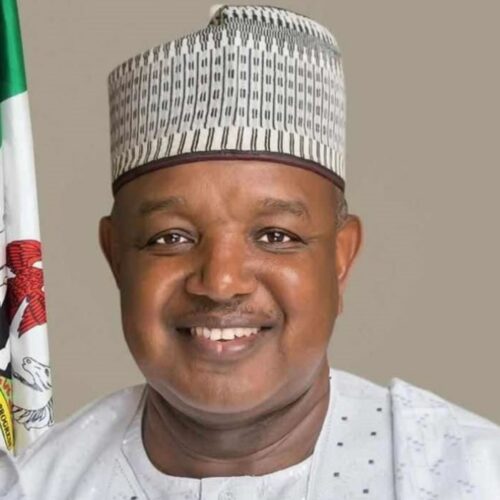
Senator Atiku Bagudu, Nigeria’s Minister of Budget and Economic Planning, has announced that a key goal under the country’s Agenda 2050 is to attract at least $100 billion in annual investments by the year 2050. He revealed that a significant portion, approximately 80%, of this investment is expected to come from the private sector, with the remaining 20% sourced from public sector initiatives. Bagudu shared this vision during his appearance on the KPMG Arise TV Budget Day program, emphasizing the critical role of private capital in driving the nation’s economic transformation.
With an ambitious $100 billion investment target, Agenda 2050 underscores the importance of subnational growth and the accelerated development of sectors such as agriculture, power, energy, and digital economy. The government plans to rely heavily on private sector involvement to meet the investment needs, recognizing that the active participation of private enterprises is essential to achieving economic growth and addressing the challenges currently stifling progress.
Senator Bagudu further highlighted the government’s commitment to facilitating economic expansion through various initiatives, including the N100 billion fund for consumer credit. This initiative aims to stimulate economic activity by enhancing access to credit for consumers, fostering a more inclusive financial environment. Additionally, Bagudu mentioned the newly established Ministry of Finance Incorporated (MOFI), which is focused on reviving and utilizing dormant public and private assets across Nigeria. This initiative aims to generate revenue, contribute to economic development, and make efficient use of resources that are currently underutilized.
The Minister of Finance, Wale Edun, also reaffirmed the administration’s strategy to rely on private sector financing for critical infrastructure projects. This collaborative approach between the government and private enterprises is seen as a necessary step to maintain Nigeria’s economic growth trajectory and ensure sustainable development in the long term.
As Nigeria continues to explore avenues for economic revitalization, the government remains committed to fostering an environment that attracts substantial investment, ensuring that both public and private sectors play complementary roles in driving the country’s development agenda. The success of these initiatives will likely determine Nigeria’s position in the global economy in the coming decades.


